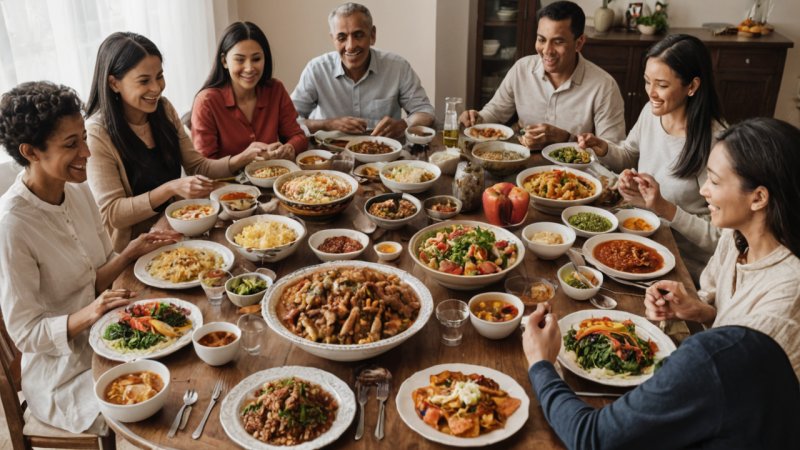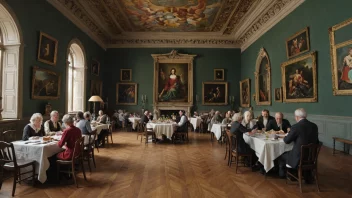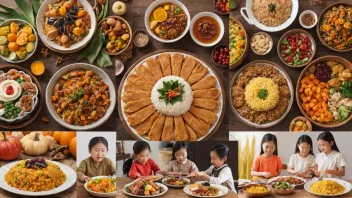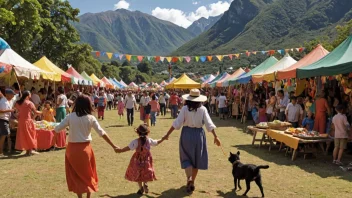Food is not just a means of sustenance; it is a vital component of family traditions around the globe. Every culture has unique culinary practices that connect generations and foster a sense of belonging. In this article, we will delve into some commonly asked questions regarding the significance of food in family traditions worldwide.
Why is food important in family traditions?
Food serves as a medium for family bonding, cultural identity, and celebration. It is often at the heart of family gatherings, holiday celebrations, and important life events. Sharing meals allows families to connect and create memories while passing down cultural heritage.
How do different cultures incorporate food into their traditions?
Different cultures incorporate food in various ways, often reflecting their history, geography, and beliefs. For example:
- Italy: Sunday family dinners featuring pasta and homemade sauces are a cherished tradition.
- Mexico: Celebrations such as Dia de los Muertos involve preparing traditional dishes that honor departed loved ones.
- Japan: The tea ceremony emphasizes mindfulness and the beauty of seasonal ingredients.
What are some traditional dishes that represent family traditions?
Various traditional dishes hold significant meaning within families:
- Thanksgiving Turkey (USA): A symbol of gratitude, families gather to share a turkey meal annually.
- Ramen (Japan): Often made at home, it brings families together through the preparation and enjoyment of this comforting dish.
- Paella (Spain): Traditionally cooked in a large pan during family gatherings, it embodies the spirit of sharing.
How do food-related traditions evolve over time?
Food traditions evolve as families grow and change. New recipes may be incorporated, and traditional dishes might be adapted to suit modern dietary needs. Additionally, globalization has introduced new flavors and cooking techniques, which families might blend with their heritage.
Are there specific rituals associated with food in family traditions?
Many cultures have specific rituals tied to food:
- Breaking Bread (Various Cultures): Sharing bread symbolizes hospitality and unity.
- Family Blessings (Many Religions): Blessings before meals express gratitude and connection to spirituality.
- Food Offerings (Hinduism, Buddhism): Preparing food for deities is a way of honoring one's faith and family.
What role does food play in family celebrations?
Food is central to family celebrations, often serving as a highlight of the event. Whether it’s cake for birthdays, special dishes for holidays, or unique recipes for weddings, food enhances the festive atmosphere and creates lasting memories.
How can families create their own food traditions?
Families can start their own food traditions by:
- Choosing a specific day for family dinners.
- Creating a signature dish that becomes a family staple.
- Documenting recipes and stories to share with future generations.






